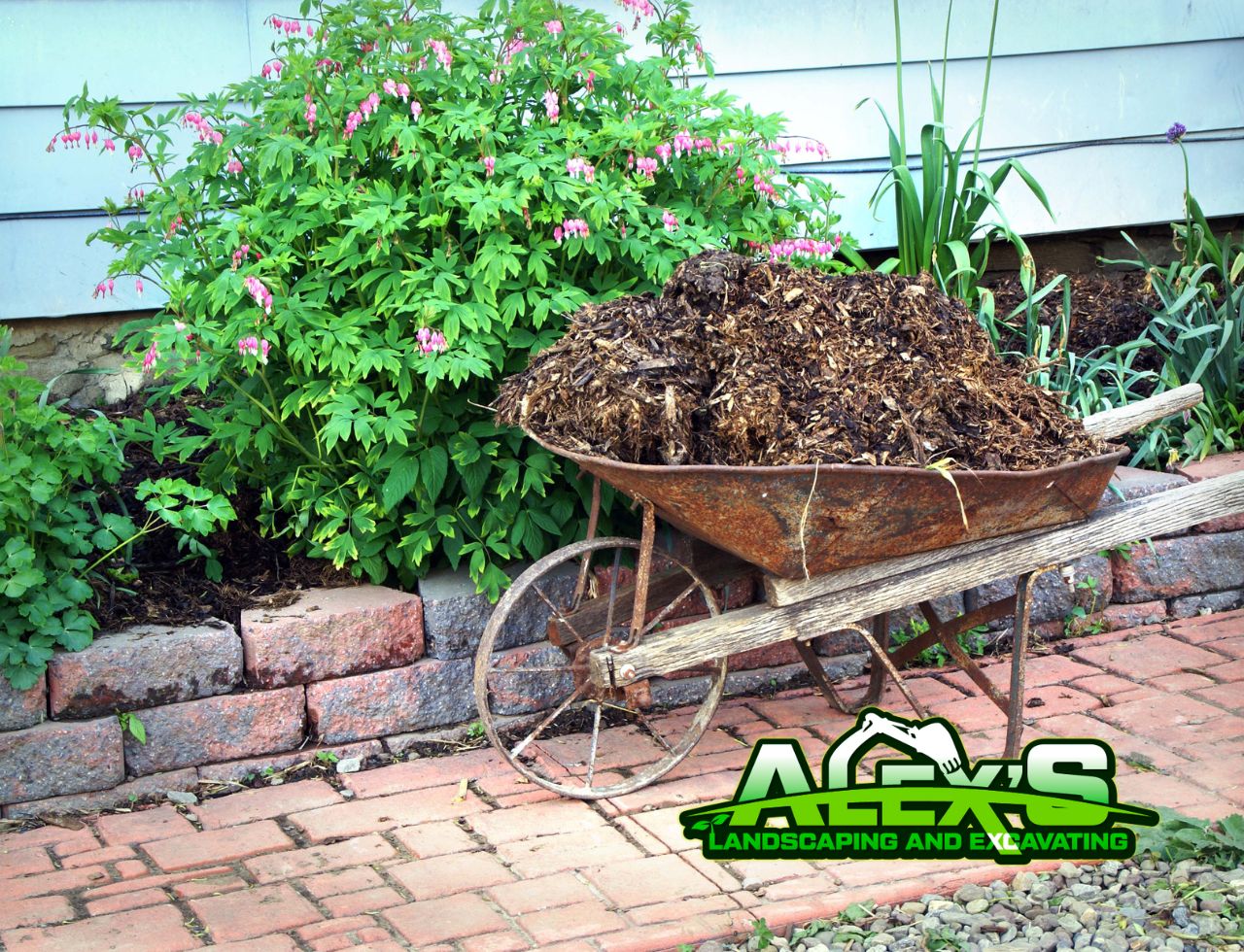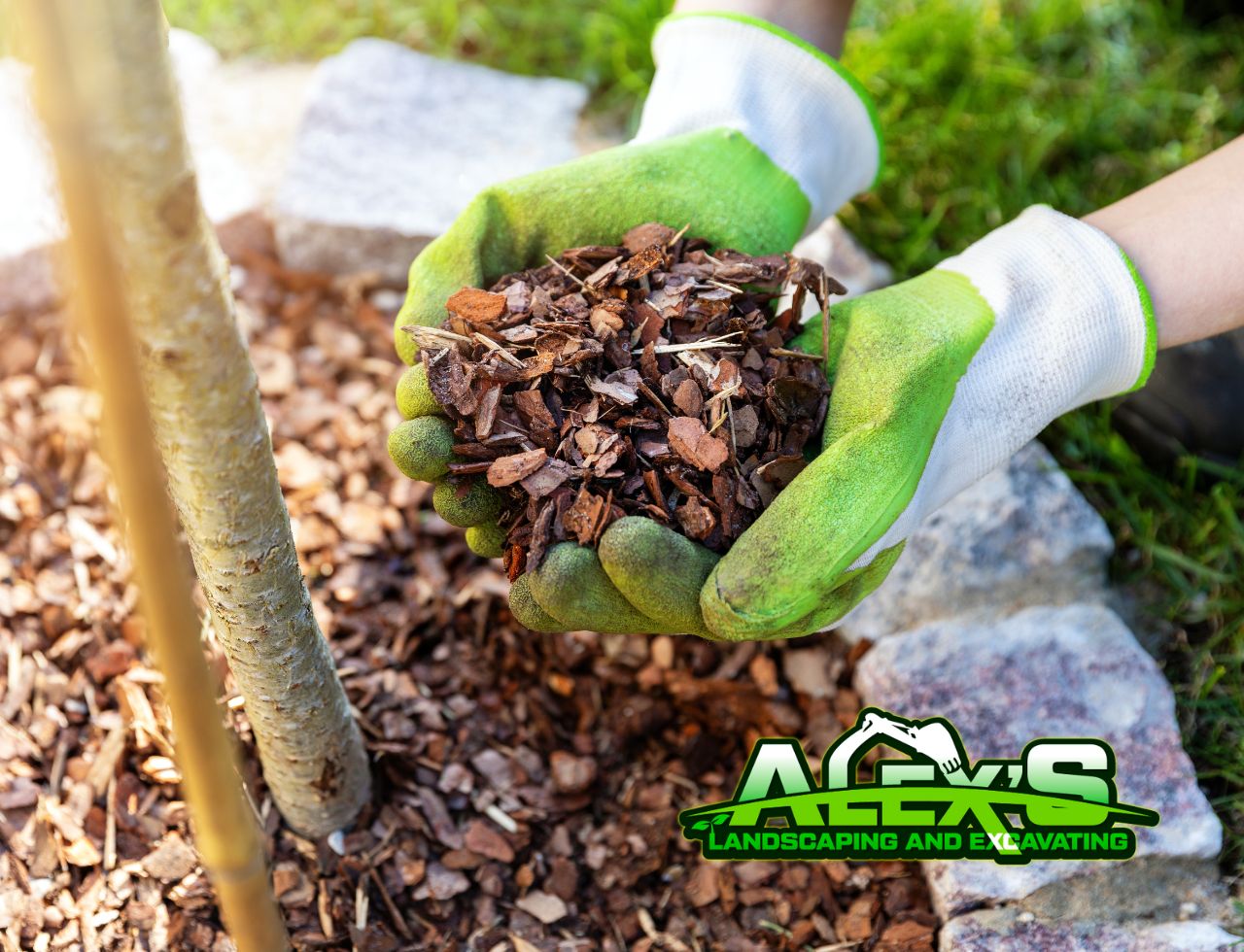
Should You Remove Old Mulch? Expert Advice and Solutions
Maintaining a vibrant garden often leads to whether you should remove old mulch. That is a fair question to have. In fact, to provide clear, practical advice to help you manage your garden effectively, in this blog, we delve into the topic of whether you should remove old mulch and the factors to consider when deciding whether it’s time for a change.
Assessing the State of Old Mulch
Before deciding about old mulch, it’s essential to gauge its current condition. Mulch serves several purposes, including retaining moisture, preventing weeds, and improving soil quality. Over time, however, it can deteriorate and lose its effectiveness.
Inspect your garden beds for signs of wear and tear. It might be worth removing if the old mulch appears compacted, crusty, or has developed mold. In such cases, keeping old mulch in place can hinder water absorption and limit the healthy growth of your plants.
Warding Off Disease and Pest
One significant consideration when pondering old mulch removal is the potential for disease and pest infestations. Aged mulch can become a breeding ground for fungal diseases, insects, and even rodents. These unwelcome visitors can wreak havoc on your garden, causing damage to plants and reducing yields.
By removing old mulch, you reduce the risk of these problems. This action provides a fresh start for your garden beds and lowers the chances of diseases and pests taking hold. It’s essential if you’ve previously dealt with recurring issues in your garden.
Managing Moisture Levels

Proper moisture control is critical to garden care; old mulch can affect it. Over time, aged mulch can become water-repellent, preventing moisture from penetrating the soil beneath. This can lead to uneven moisture levels and potential waterlogged areas in your garden.
You can help maintain consistent moisture levels in your garden beds by periodically removing old mulch. This ensures that your plants receive the right amount of water, promoting healthy growth and reducing the risk of root rot and other moisture-related issues.
Preventing Mold and Mildew Growth
Old mulch can create a favorable environment for mold and mildew to thrive. These fungal growths look unsightly and pose health risks, especially if you or your family spend time in the garden.
Regularly replacing old mulch helps eliminate the damp and decaying conditions that encourage mold and mildew growth. This proactive approach ensures a cleaner and safer outdoor space for you and your plants, reducing the potential health hazards of these fungi.
Enhancing Plant Health and Longevity
Old mulch can accumulate debris, dust, and contaminants over time, negatively impacting your plants’ health. These pollutants can introduce diseases or hinder your plants’ ability to photosynthesize and grow.
Removing old mulch and replacing it with fresh, clean mulch provides your plants with a healthier environment. This ensures their immediate well-being and contributes to their long-term vitality and longevity, creating a garden that thrives year after year.
Practical Solutions
Alex’s Landscaping and Excavating recommends periodic removal to maintain a thriving garden. We are here to help you make the best choices for your outdoor space, ensuring it remains a flourishing haven of natural beauty. We provide professional landscaping services. Contact us today and book your appointment.
